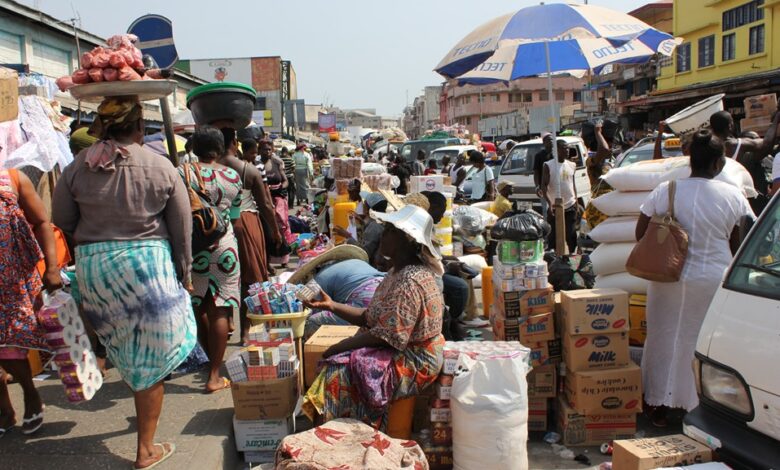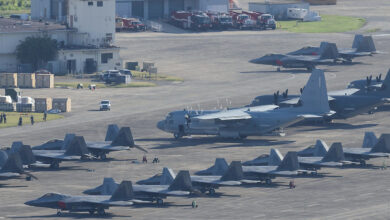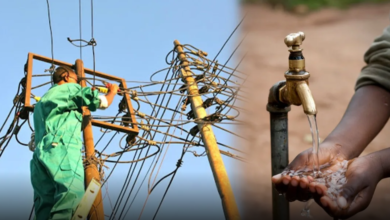Ghana Inflation Falls to Four-Year Low, But Food Prices Still Squeeze Families

Ghana’s inflation slowed sharply to 9.4% in September 2025, the lowest level in four years, giving relief to households after months of painful price increases.
The Ghana Statistical Service said inflation has now fallen for nine straight months, dropping from 11.5% in August and a peak of almost 24% at the end of last year.
Prices are still rising, but much more slowly than before. Food inflation eased to 11% in September, down from 14.8% in August. The cost of smoked fish, vegetable oil, onions, and cooked rice, however, continues to weigh on families.
Non-food items like charcoal, clothing, and electricity rose 8.2%, also slower than in August.
Yet not all regions are feeling the same relief. In the North East, inflation remains stubbornly high at 20.1%, while Bono East recorded just 1.2%, showing wide gaps in the cost of living across the country.
Economists say the slowdown reflects government and central bank policies to stabilise the cedi and control prices. But they warn that food costs remain a challenge, especially since Ghana spends heavily on importing rice and poultry.
“Families may feel some breathing space now, but feeding the household is still expensive,” one analyst said. “Government must keep working on food production, storage, and transport to bring real comfort.”
The Statistical Service urged households to budget carefully and businesses to cut waste and pass savings on to consumers.
For now, Ghana’s economy is showing signs of healing, but for many families in the markets and villages, the real test remains whether the price of food truly comes down.




